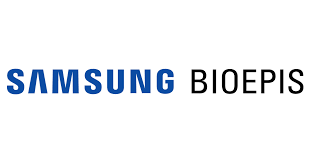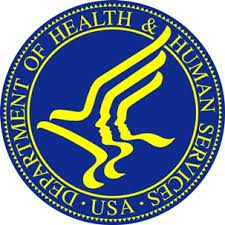- Bone Health
- Immunology
- Hematology
- Respiratory
- Dermatology
- Diabetes
- Gastroenterology
- Neurology
- Oncology
- Ophthalmology
- Rare Disease
- Rheumatology
September Roundup: Biosimilar Policy Recommendations, Clinical Developments, and Interviews
The month of September 2021 was chock-full of biosimilar news. From regulatory actions to policy initiatives to clinical news, no dust was gathering on the road toward wider biosimilar adoption.
The month of September 2021 saw many advances for the development of biosimilar use in the United States.
Chief among these was the approval of the ranibizumab biosimilar Byooviz, which counts as the first ophthalmology biosimilar to be approved. It was the second biosimilar approval in the United States so far in 2021. There have been 31 approved and 21 have launched. Byooviz will be launched no earlier than June 2022, according to Samsung Bioepis and Biogen.
The clinical spokesperson for the American Academy of Ophthalmology, George Williams, MD, predicts that Byooviz will be well received by eye disease specialists. In an interview with The Center for Biosimillars®, he discussed the significance of this event for patients, many of whom would suffer blindness and vision loss without the aid of vascular endothelial growth factor inhibitors.
The Center for Biosimilars® also interviewed Cardinal Health biosimilars expert Sonia T. Oskouei, PharmD, BCMAS, DPLA, about the Byooviz approval. Novel ophthalmology therapies could potentially emerge by the time Byooviz launches, she said.
After putting out some biosimilar market analysis details earlier this year, Amgen released its full 2021 Biosimilars Trends Report, containing an estimate of $9.8 billion for US biosimilar savings so far and providing a snapshot of the future outlook for growth of this market.
And HHS released recommendations on how the United States can beef up biosimilar use and combat the drug price escalation problem. The report stands principally on 3 pillars: drug price negotiation and controls, more competition throughout the prescription drug industry, and support for meaningful innovation in medicines.
Legislative actions are recommended to support these initiatives, and HHS also suggests ways that without Congressional action the agency could stall the upward march of drug prices, including more value-based care treatment models and transparency in pricing and rebate data from payers and pharmacy benefit managers.
The Center for Biosimilars® got a take on these recommendations and policy guidelines from Chad Landmon, JD, chair of Axinn, Veltrop & Harkrider’s Intellectual Property and FDA Practice groups.
Are patents and patent thickets the ogres they are made out to be in the biosimilar world? The Center for Biosimilars® interviewed intellectual property attorneys from the Biotechnology Innovation Organization for their opinion. The attorneys, Hans Sauer and Melissa Brand, discussed research into patents that they said suggests that, for the most part, litigations for biosimilars are relatively uncomplicated.
The FDA opened a public comment period for upgrading its Biosimilar User Fee Act (BsUFA) allotments. BsUFA monies are used to support the review of biosimilar approval applications and sometimes these are insufficient. But recently the FDA has run into a related problem, and that is an inability to conduct site inspections that would qualify biosimilar developers to begin production. The COVID-19 pandemic is to blame for that.
A recent victim of that circumstance was Alvotech of Reykjavik, Iceland, a company that seeks to bring the first high-concentration, citrate free, interchangeable adalimumab biosimilar (AVT02) to market. The company announced in September that the FDA had been forced to delay approval of its application because it could not get its inspectors out to the site.
The Center for Biosimilars® covered biosimilar studies made available at the European Society for Medical Oncology Congress 2021. These concerned biosimilar candidates from Tanvex, Biocad, Samsung Bioepis, and Beijing Mabworks Biotech.
Newsletter
Where clinical, regulatory, and economic perspectives converge—sign up for Center for Biosimilars® emails to get expert insights on emerging treatment paradigms, biosimilar policy, and real-world outcomes that shape patient care.



